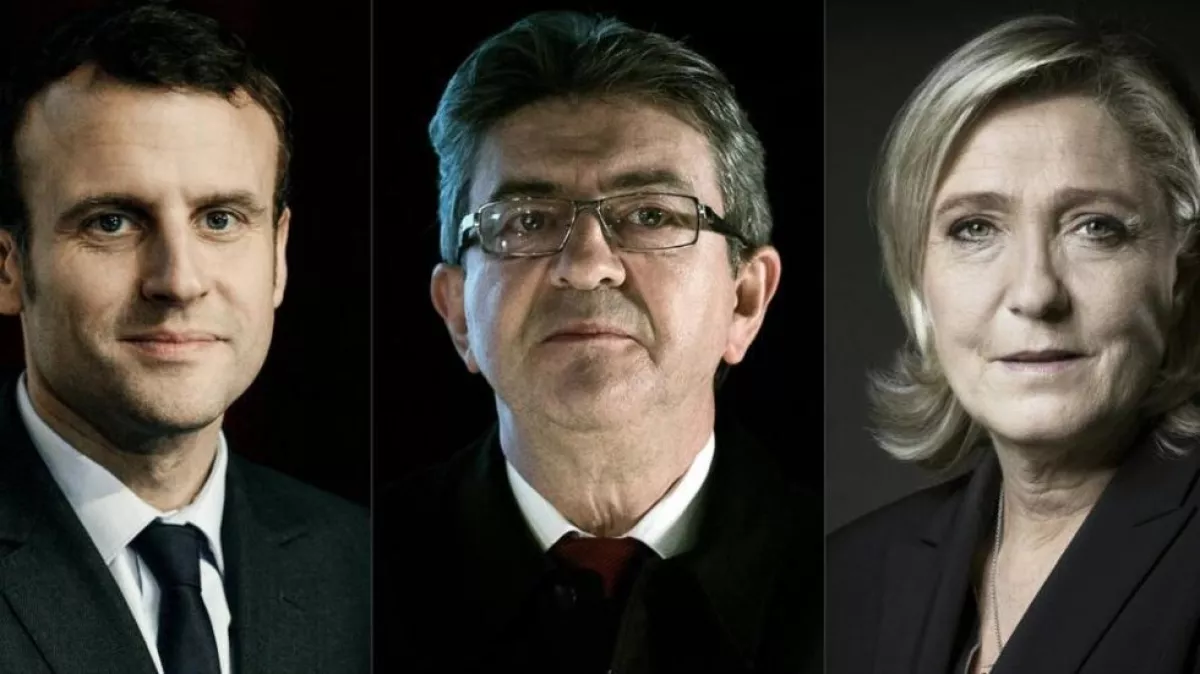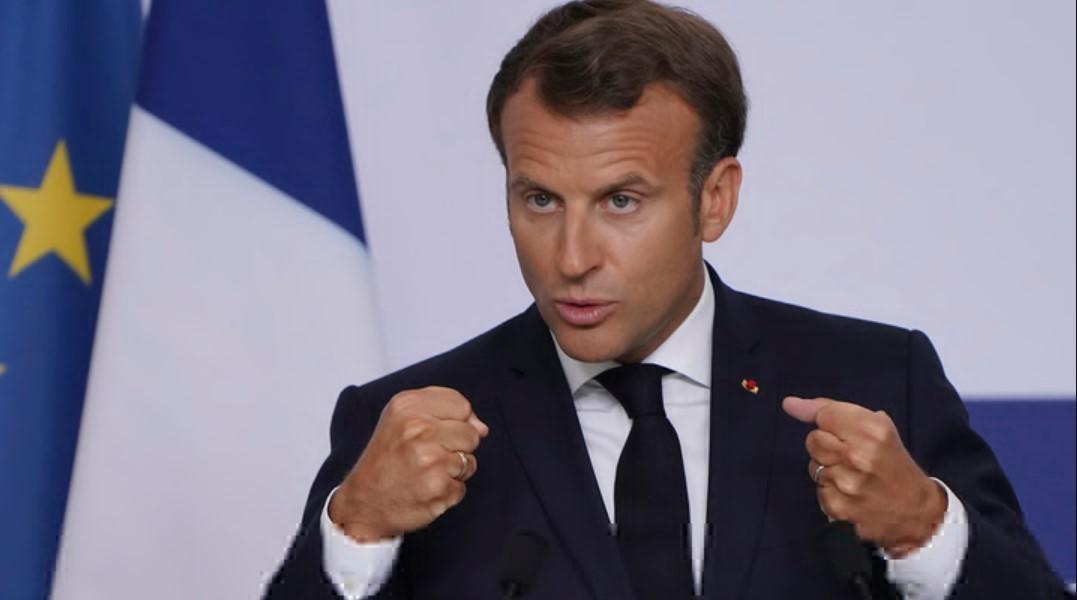France in 2024: political crisis and waning international power Arab News article
The Saudi media outlet Arab News has published an article on France's failures in domestic and foreign policy. Caliber.Az offers its readers an analysis of the piece.
The article provides a detailed analysis of France's political and foreign policy struggles in 2024, while also acknowledging moments of global prominence like the Olympics and the reopening of Notre-Dame. The author paints a picture of a country in crisis, grappling with political instability and a shrinking influence on the global stage, particularly in Africa and the Middle East.
Political landscape: The year is framed as one of political turmoil, with a series of governmental changes and legislative battles that have left France in a weakened position. The article highlights the unprecedented turnover of four prime ministers, the fracturing of the National Assembly, and the failure to pass a national budget. The political instability was exacerbated by President Macron’s decision to dissolve the National Assembly, which backfired and further deepened divisions. Despite the announcement of a new government under Prime Minister Francois Bayrou in December, the outlook for 2025 remains uncertain, with the looming threat of a potential parliamentary dissolution adding to the sense of fragility.

The piece also notes the rise of far-right and far-left populism in France, evidenced by the National Rally's electoral success and Jean-Luc Mélenchon's France Unbowed. This points to a deepening polarization within French politics, challenging the established parties and making governance more difficult.
Foreign policy decline: The article emphasizes France’s diminished global influence, particularly in Africa and the Middle East. The withdrawal of French troops from Côte d'Ivoire and Chad, and the limited presence left on the African continent, signify a loss of influence and a retreat from the role France once played in the region. The failure of France’s military interventions and the rise of Russian influence in Africa are presented as contributing factors to this decline.

Similarly, in the Middle East, France's voice has been largely absent, with Macron's initiatives in Lebanon and the region at large failing to yield significant results. The author suggests that France’s political instability, along with internal economic troubles, has undermined its ability to play a meaningful role in global diplomacy.
Cultural and political assets: Despite these setbacks, the article acknowledges that France retains its cultural and diplomatic assets, particularly in tourism, soft power, and global events. The Olympics and the Notre-Dame reopening stand as symbols of France's enduring cultural influence. However, the author warns that these successes must not obscure the underlying political and economic issues, especially in light of warnings from union leaders and employers about the risk of an impending economic crisis.
Outlook for 2025: Looking ahead, the author questions whether France can adapt to its challenges or whether it will continue to spiral into political and economic decline. Macron's ability to navigate the crisis and prevent further instability is highlighted as key. However, the lack of a coherent political direction and the divided nature of the government make the future uncertain. For France to avoid a disastrous predicament, political forces must set aside personal ambitions and focus on the country’s long-term stability and prosperity.
Conclusion: The article paints a complex picture of France in 2024: a country with a proud cultural heritage and global presence, yet beset by internal instability and foreign policy failures. The path forward will require significant political and economic reforms, as well as a renewed commitment to national interests over short-term political gain. The challenges France faces are considerable, but the potential for recovery exists if the country can rally around a unified and adaptable approach to governance.
Editor's note: The author of the article is Khattar Abou Diab, a French-Lebanese political scientist specializing in Islam and the Middle East.








